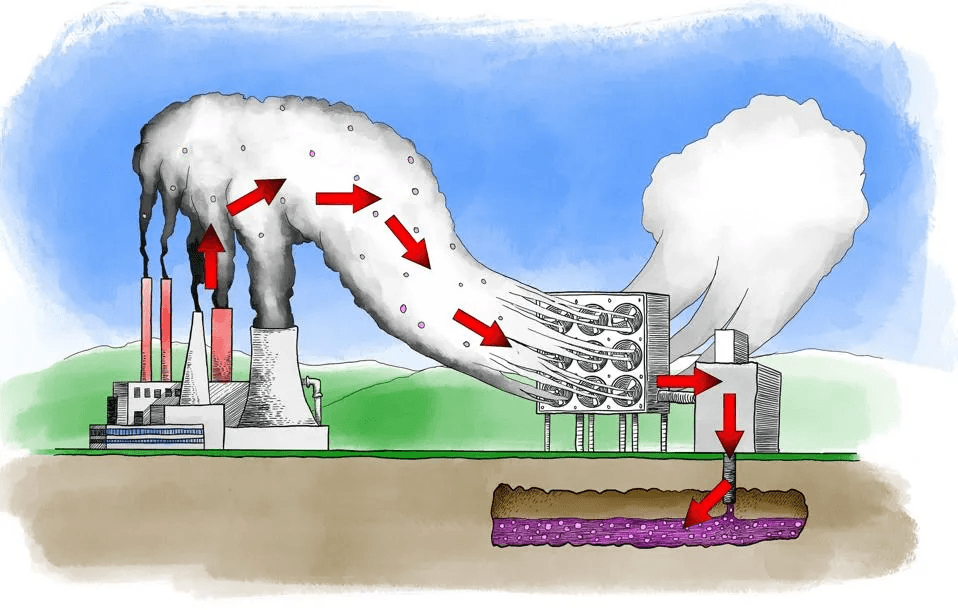Unlike petroleum-based fossil fuels that are in limited supply, ethanol is a renewable fuel made from plants we grow right here in America.
According to the U.S. Department of Agriculture, average corn ethanol reduces greenhouse gas emissions by 43 percent compared to gasoline when measured on an energy equivalent basis.
Ethanol is a natural, non-toxic octane booster. Instead of using chemicals traditionally used to increase octane in the manufacture of fuel, refiners can mix in ethanol to displace toxic chemicals used for octane.
Ethanol contains 35% oxygen. Because ethanol contains oxygen it helps fuel combust more completely. The use of ethanol in automotive fuel:
- Reduces tailpipe carbon monoxide emissions by as much as 30 percent.
- Reduces exhaust VOC emissions by 12 percent.
- Reduces particulate emissions, especially fine particulates that are especially hazardous to children, seniors and those with respiratory diseases.
Read our issue brief on ethanol's environmental benefits to learn more.

Carbon Capture & Sequestration
Many ethanol plants capture carbon dioxide throughout the production process. That CO2 is used for everything from beverage carbonization and meat processing to wastewater treatment and dry ice production. Further, the industry is actively engaged in promoting the deployment of carbon capture and sequestration in a pivotal step toward decarbonization. Download Deep Dive: Carbon as a Commodity to see how alternative fuels reduce carbon emissions and to learn more about Carbon Capture & Sequestration (CCS).

